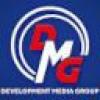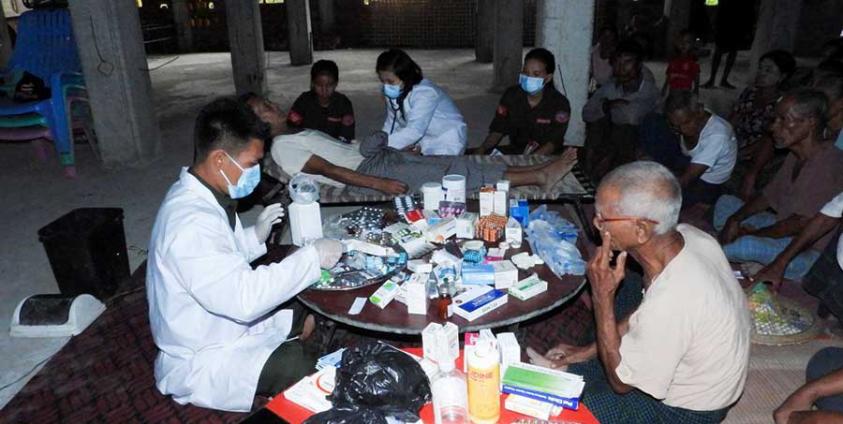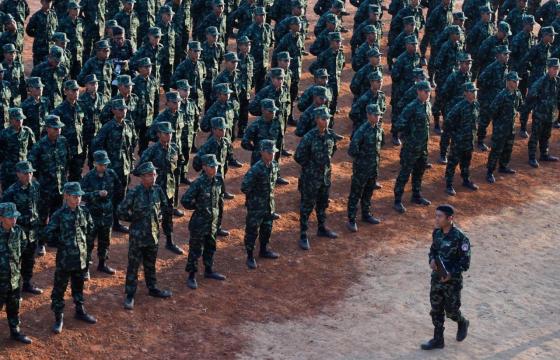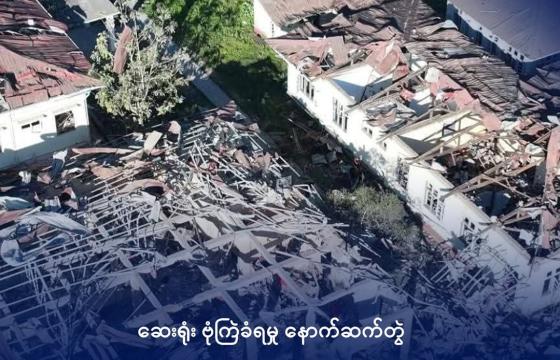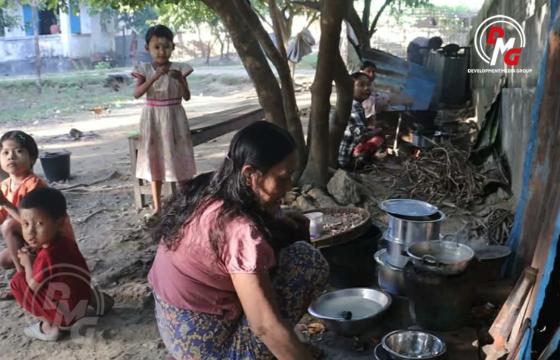Cancer patients in Arakan (Rakhine) State are dying because of a lack of medication and difficulty accessing medical care means they do not receive timely treatment.
This higher than normal mortality rate amongst cancer patients has been caused by a shortage of operational hospitals due to the extensive fighting in Arakan State and poor cancer diagnosis due to limited access to medical tests for cancer.
Early detection of cancer generally makes treatment more effective, affordable, and significantly improves survival rates. However, in Arakan State, challenges in diagnosis, limited treatment options, and travel restrictions are preventing cancer patients from receiving the care they need, leading to avoidable deaths from cancer.
A Ponnagyun Township resident said to DMG: “The fighting has closed roads and forced hospitals and clinics to shut down. There’s nowhere to get tested for diseases, and even if there is, it's not safe to go. My aunt fell ill, but we couldn’t find out what was wrong. In the end, she had to travel all the way to a hospital in Mizoram State, India, where she was diagnosed with terminal colon cancer. By then, it was too late for treatment, and she passed away.”
Since the Arakan Army started launching offensives against junta held towns in Arakan State in November 2023, following the breakdown of a ceasefire between the two groups, the junta has banned medications and basic goods from entering the state by setting up strict blockades on all the main transport routes, both roads and rivers, in Arakan State. This has led to serious medicine shortages in the state, which has severely impacted the local population.
Talking about the difficulty in obtaining cancer diagnoses and necessary tests for cancer sufferers in Arakan State, a woman from Pauktaw Township said: “Biopsies cannot be performed in Arakan State to confirm if a patient has cancer. The samples need to be sent to Yangon for testing, but with the junta closing the roads, it has become extremely difficult. So, the biopsy samples are placed in bottles and sent in cars that are traveling to Yangon via less travelled routes [with fewer checkpoints]. Even then, it is impossible to receive the test results in paper form—medical facilities can only send them to patients by email.”
Another reason that cancer fatalities are higher than they should be in Arakan State is a lack of awareness in some communities about cancer and how it can be treated. Instead of getting cancer properly treated by qualified doctors cancer sufferers in such communities often instead rely on ineffective, untested traditional medicines or placebos.
On 4 February 2025, World Cancer Day, activists in Arakan State held a public information campaign to increase awareness of cancer and called for cancer care facilities in the region to be reopened as soon as possible so that people do not have to rely on traditional medicines.
A social activist from Mrauk-U Township in Arakan State said to DMG: “Today is World Cancer Day. In Arakan State cancer patients have no access to medical treatment or examinations. They are being treated with makeshift methods and relying on traditional healers. Whilst effectively treating cancer remains a challenge, we urge the current authorities and organisations to conduct widespread awareness campaigns about the disease.”
According to research published in the British medical journal BMJ Oncology, the global incidence of cancer has increased by 79 percent since 1990. The most common types of cancer are breast cancer, lung and respiratory tract cancer, stomach cancer, and colorectal cancer, all of which are also now occurring at higher rates among young people.

